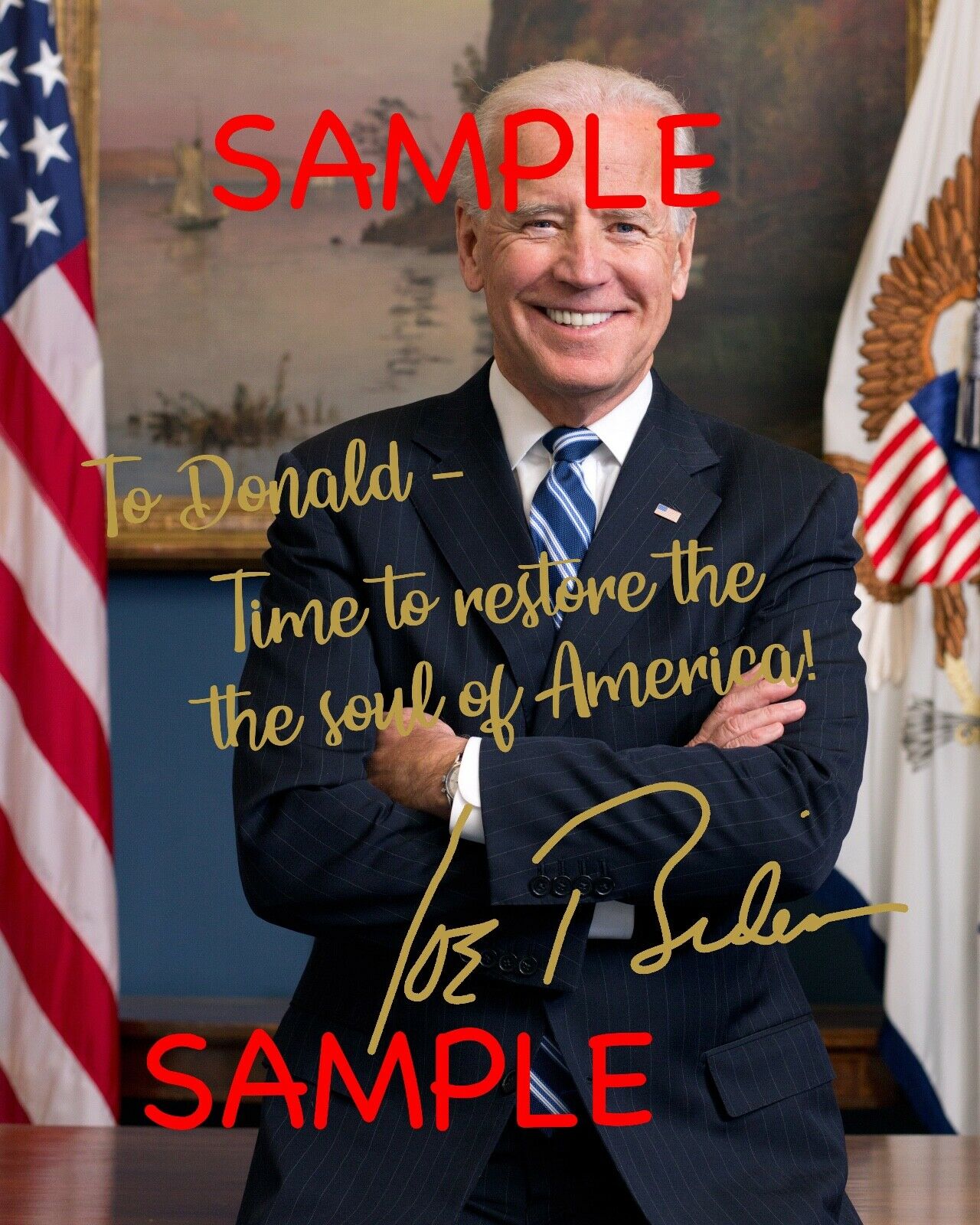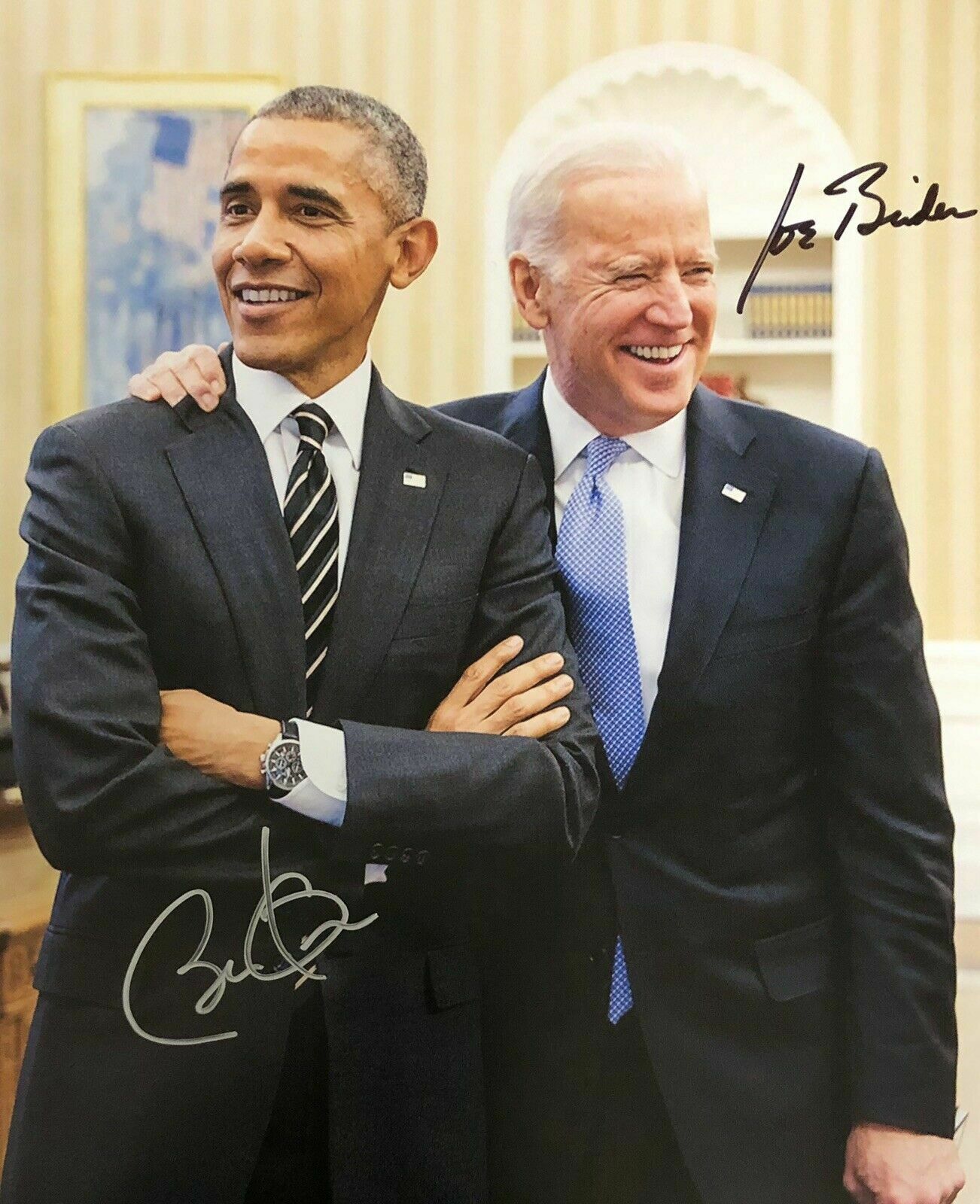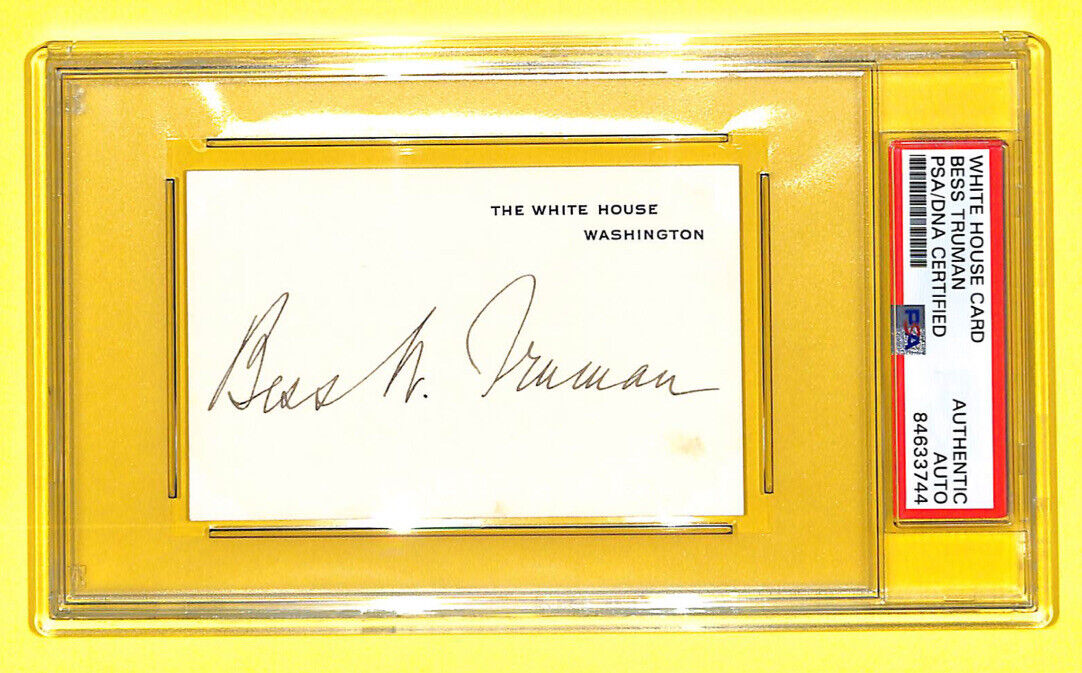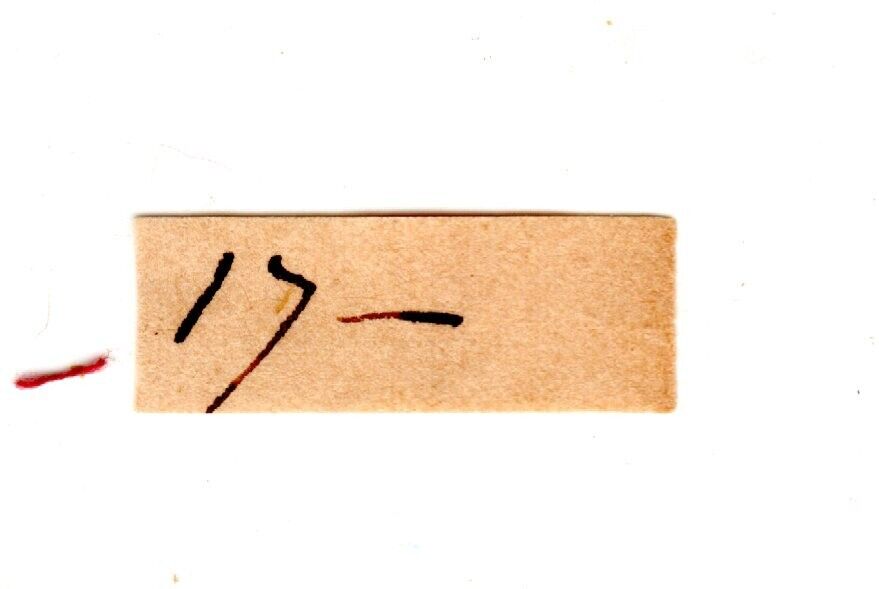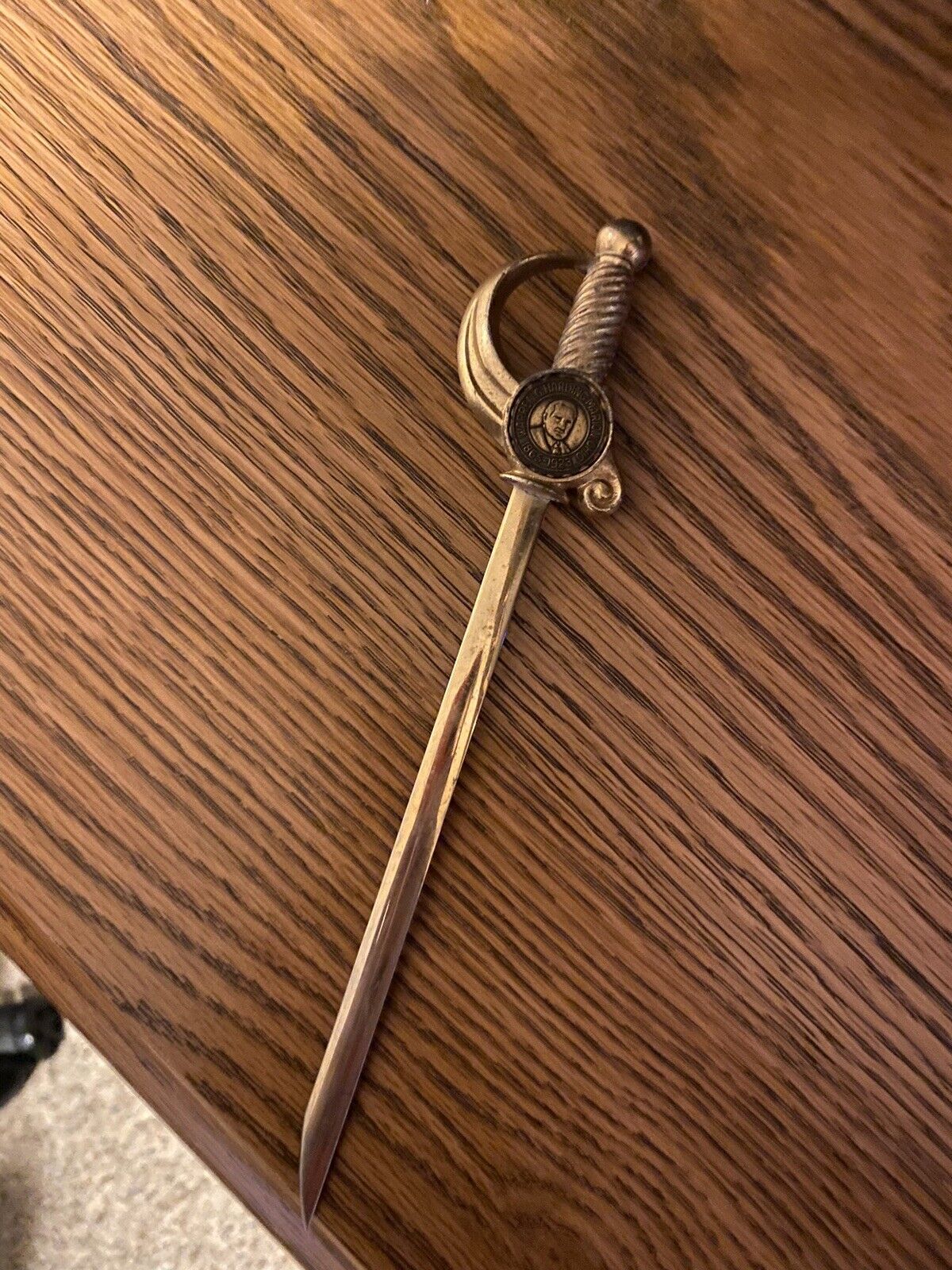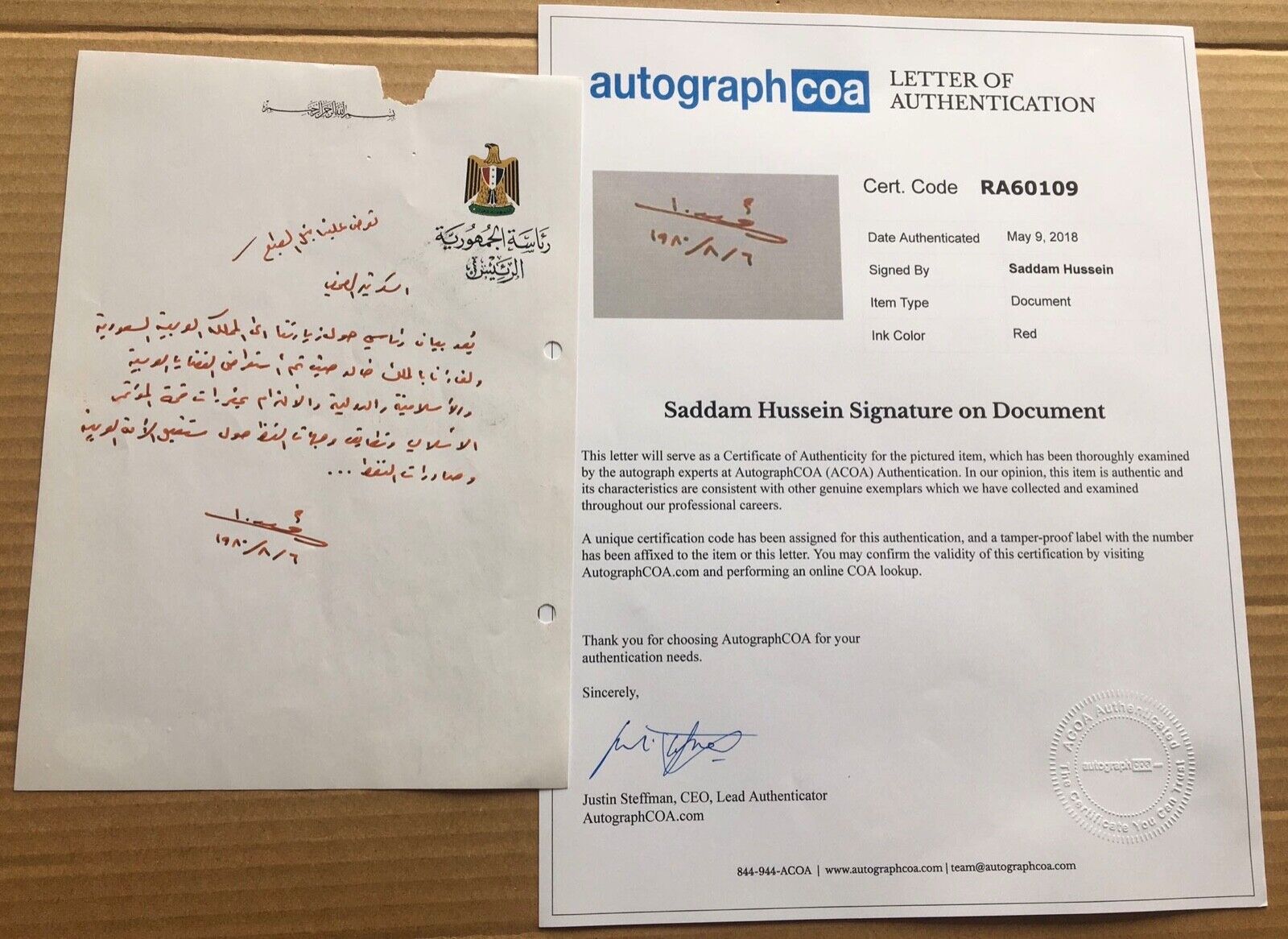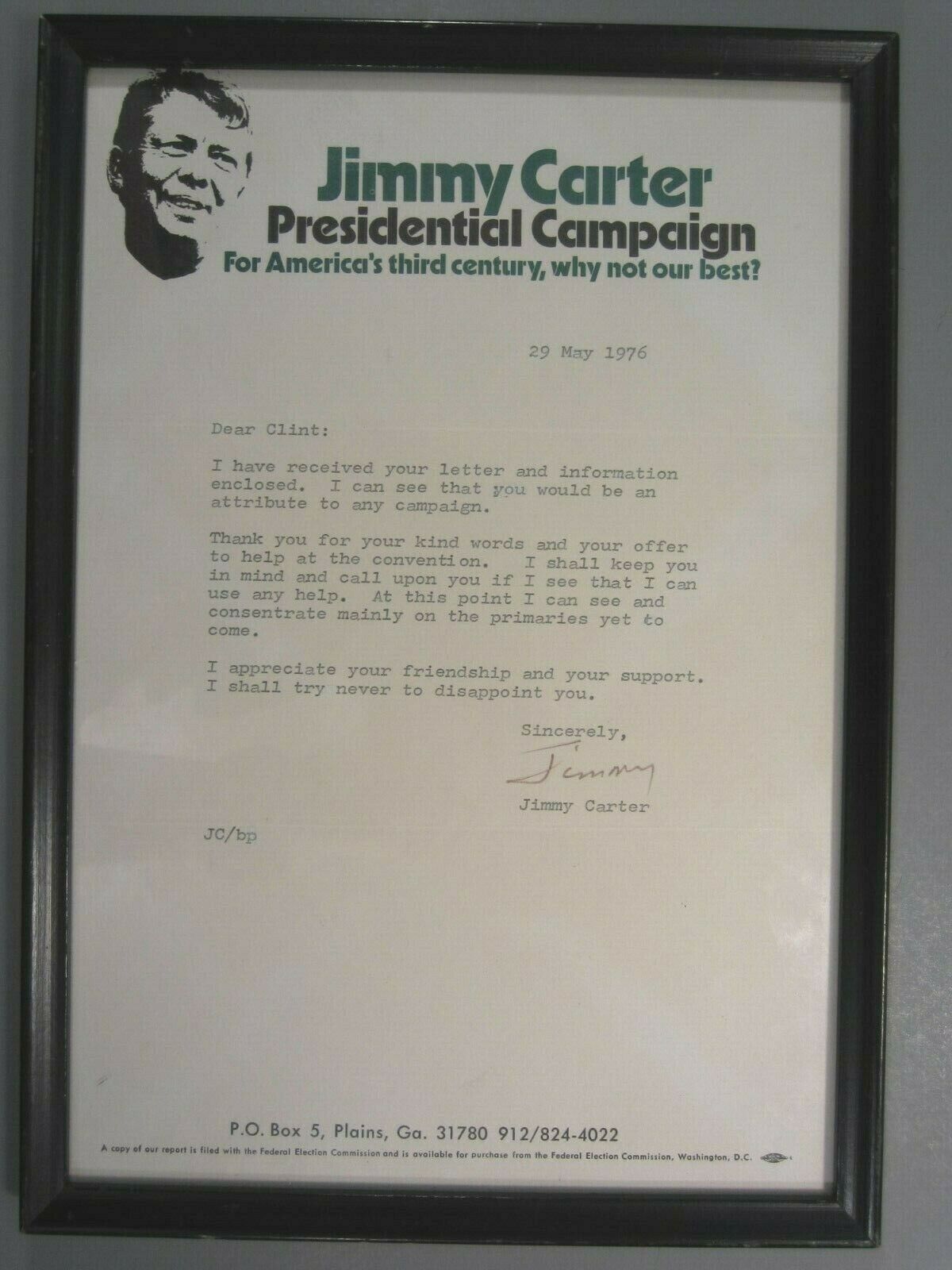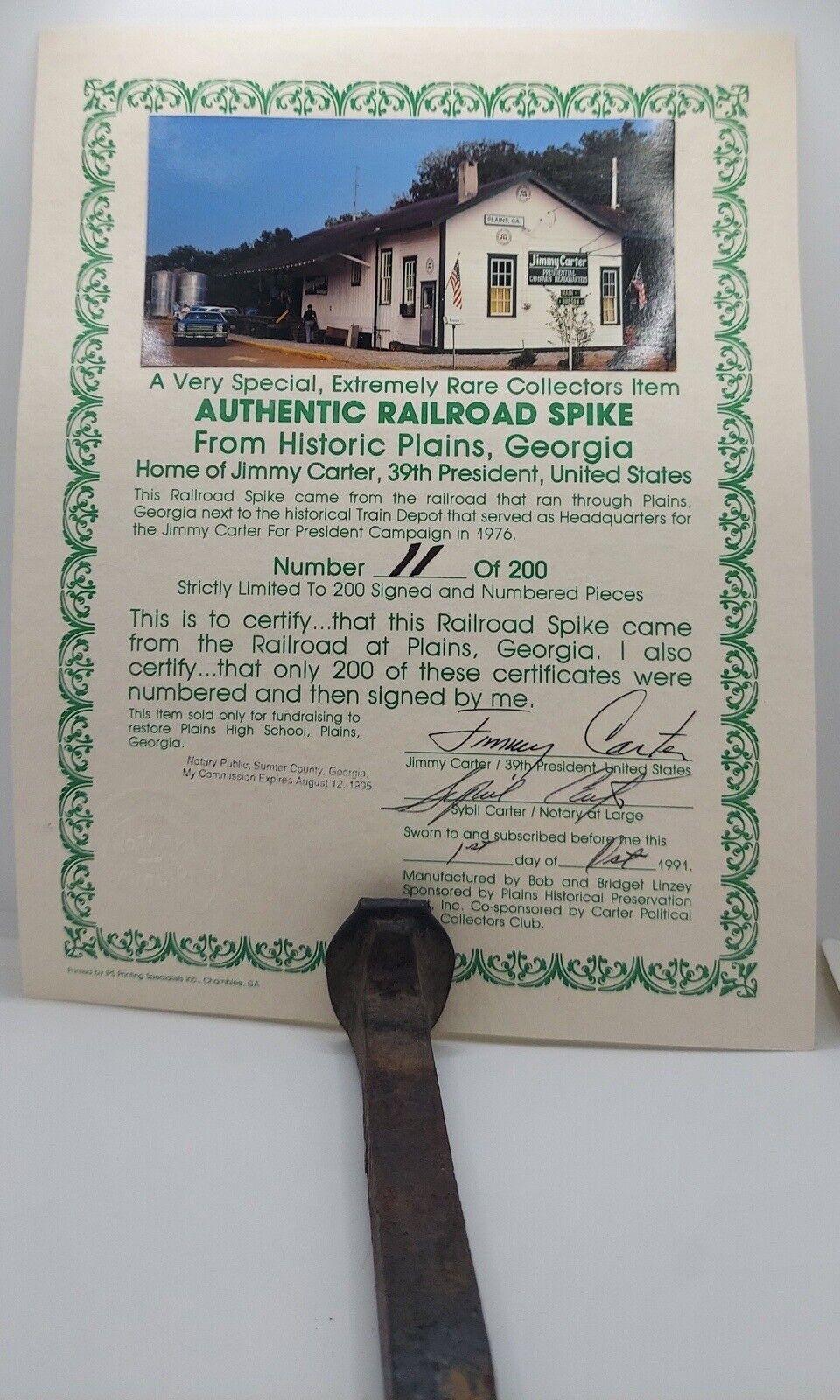-40%
Typed Letter Signed by Harry S. Truman written to the son of his Vice President!
$ 683.75
- Description
- Size Guide
Description
Remarkable and Rare original Typed Letter Signed by Harry S. Truman written to the son of his Vice President, saying what a fine man Alben Barkley was in every way!Remarkable Letter Signed “Harry Truman”, on his personal stationary from the Federal Reserve Building in Kansas City, Missouri and written to the son of his VP!! Great Content!
Typed Letter Signed, 1 page, 4to., Kansas City, Dec 14, 1956 to David M. Barkley, son of Truman’s Vice President, commenting on his father, Three years after leaving the Presidency Truman writes:
“Dear Bud:
Thank you very much for your note of the 8th enclosed in the volume of Alben Barkley Memorial Addresses delivered in congress.
Both Mrs. Truman and I appreciate your thoughtfulness in sending the inscribed copy. I have never had a more wonderful association than I had with your father. He was one of the finest men I ever knew and one of the really honorable Senators of the United States, and I use that term in the strictest sense of its meaning.
Sincerely yours,
[signed] Harry S. Truman
Mr. David M. Barkley
Blandville Road
Paducah, Kentucky
. Measures 10 ¼ x 7 ¼ inches.
1 page.
Authenticated by a former specialist at Sotheby’s auction house in New York
With copy of write up from Robert Batchelder catalog #69 from 1989.
. Guaranteed Original
Truly fantastic pieces of history. A must for the SERIOUS Collector of American History.
Brief History of Harry Truman
Harry S. Truman was born in Lamar, Missouri on May 8, 1884, the son of John Anderson Truman and Martha Ellen (Young) Truman. The family, which soon included another boy, Vivian, and a girl, Mary Jane moved several times during Truman's childhood and youth - first, in 1887, to a farm near Grandview, then, in 1890, to Independence, and finally, in 1902, to Kansas City. Young Harry attended public schools in Independence, graduating from high school in 1901. After leaving school, he worked briefly as a timekeeper for a railroad construction contractor, then as a clerk in two Kansas City banks. In 1906 he returned to Grandview to help his father run the family farm. He continued working as a farmer for more than ten years.
From 1905 to 1911, Truman served in the Missouri National Guard. When the United States entered World War I in 1917, he helped organize the 2nd Regiment of Missouri Field Artillery, which was quickly called into Federal service as the 129th Field Artillery and sent to France. Truman was promoted to Captain and given command of the regiment's Battery D. He and his unit saw action in the Vosges, Saint Mihiel and Meuse-Argonne campaigns. Truman joined the reserves after the war, rising eventually to the rank of colonel. He sought to return to active duty at the outbreak of World War II, but Army Chief of Staff General George C. Marshall declined his offer to serve.
On June 28, 1919, Truman married Bess Wallace, whom he had known since childhood. Their only child, Mary Margaret, was born on February 17, 1924. From 1919 to 1922 he ran a men's clothing store in Kansas City with his wartime friend, Eddie Jacobson. The store failed in the postwar recession. Truman narrowly avoided bankruptcy, and through determination and over many years he paid off his share of the store's debts.
Truman was elected in 1922, to be one of three judges of the Jackson County Court. Judge Truman whose duties were in fact administrative rather than judicial, built a reputation for honesty and efficiency in the management of county affairs. He was defeated for reelection in 1924, but won election as presiding judge in the Jackson County Court in 1926. He won reelection in 1930.
In 1934, Truman was elected to the United States Senate. He had significant roles in the passage into law of the Civil Aeronautics Act of 1938 and the Transportation Act of 1940. After being reelected in 1940, Truman gained national prominence as chairman of the Senate Special Committee to Investigate the National Defense Program. This committee, which came to be called the Truman Committee, sought with considerable success to ensure that defense contractors delivered to the nation quality goods at fair prices.
In July 1944, Truman was nominated to run for Vice President with President Franklin D. Roosevelt. On January 20, 1945, he took the vice-presidential oath, and after President Roosevelt's unexpected death only eighty-two days later on April 12, 1945, he was sworn in as the nations' thirty-third President.
Truman later called his first year as President a "year of decisions." He oversaw during his first two months in office the ending of the war in Europe. He participated in a conference at Potsdam, Germany, governing defeated Germany, and to lay some groundwork for the final stage of the war against Japan. Truman approved the dropping of two atomic bombs on Japan on August 6 and 9, 1945. Japan surrendered on August 14, and American forces of occupation began to land by the end of the month. This first year of Truman's presidency also saw the founding of the United Nations and the development of an increasingly strained and confrontational relationship with the Soviet Union.
Truman's presidency was marked throughout by important foreign policy initiatives. Central to almost everything Truman undertook in his foreign policy was the desire to prevent the expansion of the influence of the Soviet Union. The Truman Doctrine was an enunciation of American willingness to provide military aid to countries resisting communist insurgencies; the Marshall Plan sought to revive the economies of the nations of Europe in the hope that communism would not thrive in the midst of prosperity; the North Atlantic Treaty Organization built a military barrier confronting the Soviet-dominated part of Europe. Truman's recognition of Israel in May 1948 demonstrated his support for democracy and his commitment to a homeland for the Jewish people. The one time during his presidency when a communist nation invaded a non-communist one -- when North Korea invaded South Korea in June 1950 -- Truman responded by waging undeclared war.
In his domestic policies, Truman sought to accomplish the difficult transition from a war to a peace economy without plunging the nation into recession, and he hoped to extend New Deal social programs to include more government protection and services and to reach more people. He was successful in achieving a healthy peacetime economy, but only a few of his social program proposals became law. The Congress, which was much more Republican in its membership during his presidency than it had been during Franklin Roosevelt's, did not usually share Truman's desire to build on the legacy of the New Deal.
The Truman administration went considerably beyond the New Deal in the area of civil rights. Although, the conservative Congress thwarted Truman's desire to achieve significant civil rights legislation, he was able to use his powers as President to achieve some important changes. He issued executive orders desegregating the armed forces and forbidding racial discrimination in Federal employment. He also established a Committee on Civil Rights and encouraged the Justice Department to argue before the Supreme Court on behalf of plaintiffs fighting against segregation.
In 1948, Truman won reelection. His defeat had been widely expected and often predicted, but Truman's energy in undertaking his campaign and his willingness to confront issues won a plurality of the electorate for him. His famous "Whistlestop" campaign tour through the country has passed into political folklore, as has the photograph of the beaming Truman holding up the newspaper whose headline proclaimed, "Dewey Defeats Truman."
Truman left the presidency and retired to Independence in January 1953. For the nearly two decades of his life remaining to him, he delighted in being "Mr. Citizen," as he called himself in a book of memoirs. He spent his days reading, writing, lecturing and taking long brisk walks. He took particular satisfaction in founding and supporting his Library, which made his papers available to scholars, and which opened its doors to everyone who wished to have a glimpse of his remarkable life and career.
Harry S. Truman died on December 26, 1972. Bess Truman died on October 18, 1982.
I accept PAYPAL (Which will allow you to use credit card.)
BID NOW !!!
Search terms: cadet, howitzer, engineer, biographical dictionary, army, MacArthur, world war soldier, reference, officer, rank, medal insignia, USMA, New York, united states, Hudson river, michie, Cullum hall, Arvin, trophy point, drag, ballroom dancing, grant, lee, mess, civil , Mexican, Spanish-American, span-am, mess hall, Sherman, confederate, union, soldier, military rare, unique, unusual, fort putnam, revolutionary cowboys Indians, bronco, wild bill, Geronimo, wild west, law man, badge, gun, guns, shotgun, rifle pistol firearms, print, civil war, artist signed westpoint parade harpers weekly nineteenth century prints mens gentleman, president Samuel freeman auction house artist, painting canvas original work of art, Hudson river school painting tiffany & company









